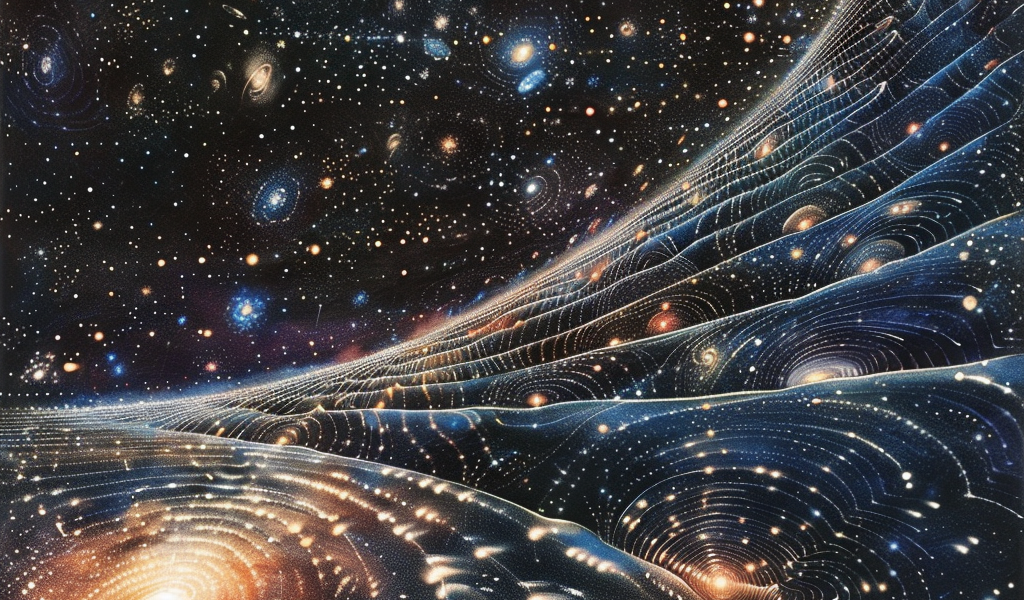A recent study suggests that a newfound ‘glitch’ in Einstein’s theory of relativity could potentially reshape our understanding of the universe. While Einstein’s theory has long been considered the most accurate description of gravity on medium to large scales, this new observation challenges that notion.
Researchers have proposed that this ‘cosmic glitch’ in gravity could shed light on the peculiar behaviors exhibited by the universe on a grand scale. Despite the robustness of general relativity in explaining gravity, anomalies seem to arise when observing vast collections of galaxies interacting gravitationally.
The discrepancy, outlined in a study published in the Journal of Cosmology and Astroparticle Physics, points to a potential weakening of gravity at cosmic distances. This unexpected finding has been labeled as a ‘cosmic glitch’ by the researchers, who believe that addressing this anomaly could provide insights into some of the universe’s longstanding mysteries.
According to Niayesh Afshordi, a professor of astrophysics at the University of Waterloo in Ontario and co-author of the study, the situation is akin to trying to fit puzzle pieces from a spherical surface onto a flat table – a mismatch that hints at the need for a different framework.
This ‘glitch’ in gravity could indicate a fundamental breach of Einstein’s equivalence principle, potentially leading to alternative explanations for quantum gravity, the Big Bang, and black holes. The implications of this discovery could be far-reaching, challenging established notions in the field of astrophysics.
While Einstein’s theory of general relativity has been highly successful in describing the universe on scales beyond the quantum realm, this latest development underscores the need for continued exploration and revision of our understanding of the cosmos.





